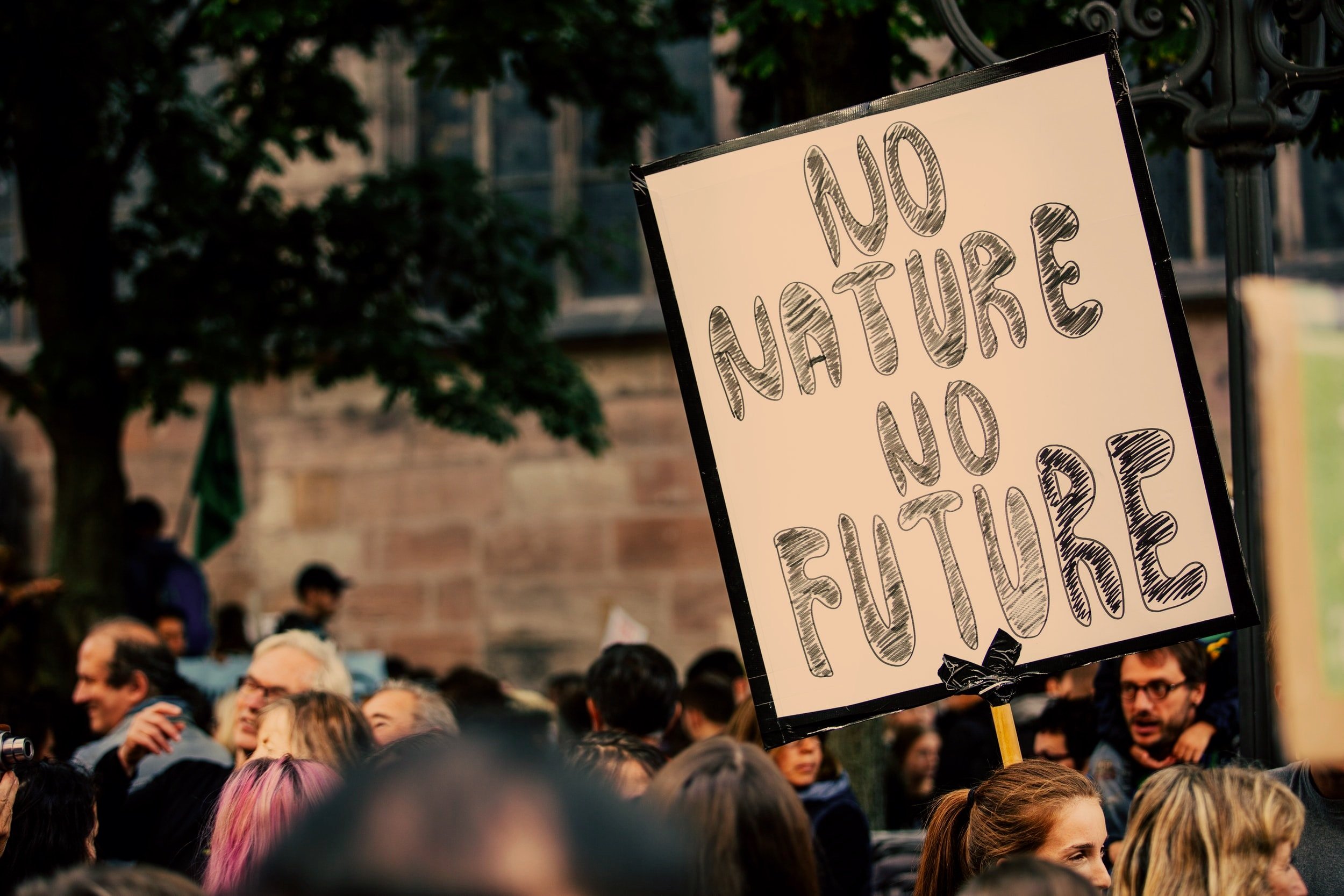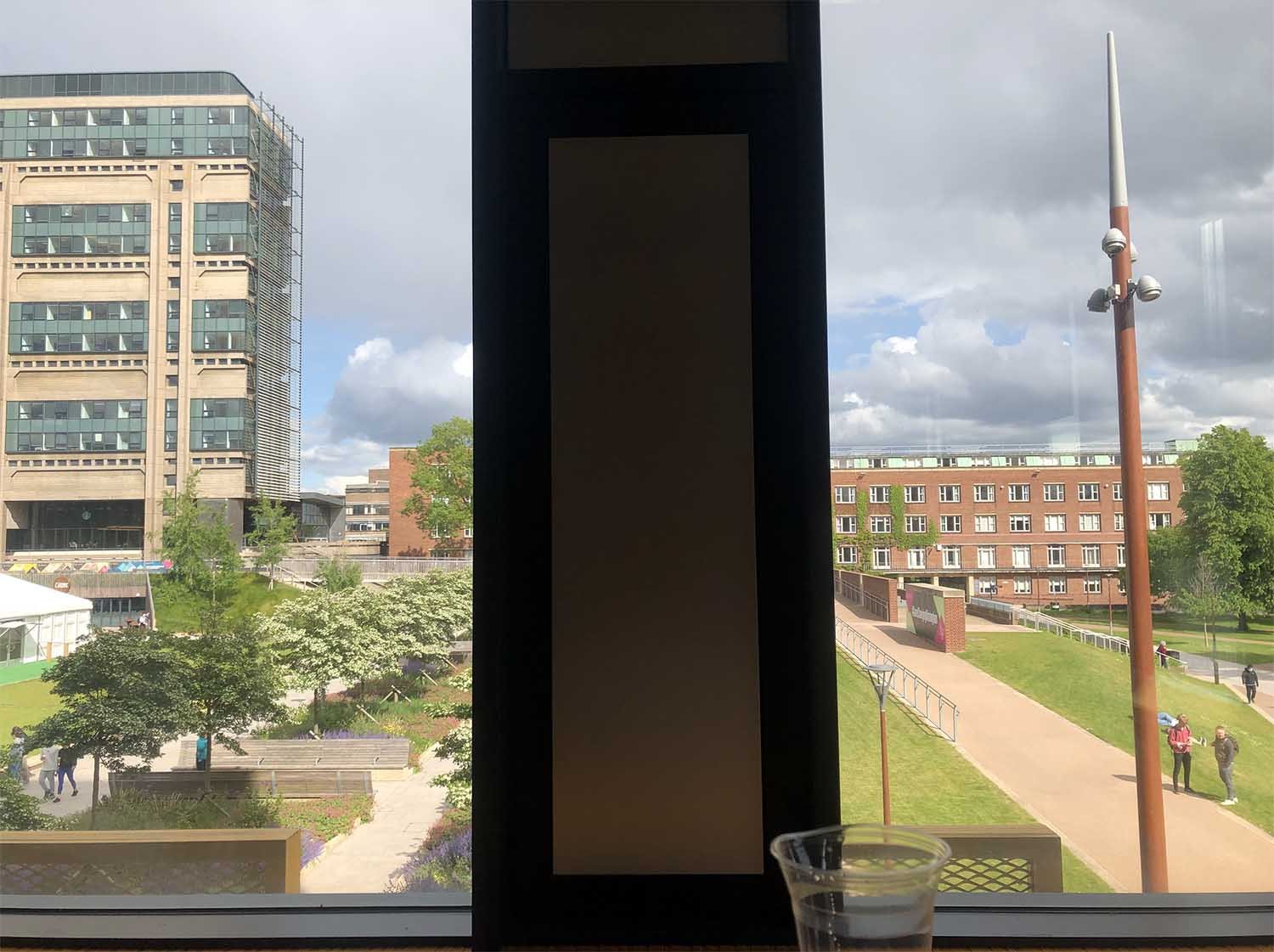Planetary Dysregulation & Transgender Communities
June 2022
by Ellis Roberts-Wright, Elahi Hossain, and Araceli Camargo
Before reading this report please note that we are a non-profit grant and citizen supported lab, we use our funding to create free scientific reports, which provide foundational knowledge about health, health inequities, and health justice. We prioritise the hiring of scientists and researchers from marginalised communities to ensure that the lived experience is covered in an ethical, inclusive, and accurate manner.
Our goal is to be an open lab that is “for the people by the people”. Your contribution helps make that happen.
DESCRIPTION
While the cisgender mainstream may now think of it as an easily understood term denoting those who transition “from” their assigned gender “to” another, the understanding of Transness within the community is something closer to what is suggested by the meaning of the meaning of the “trans” prefix: “across, beyond, through; to go beyond" with many trans people viewing themselves as going beyond gender, expanding our ideas of what gender is entirely rather than simply moving from one fixed point to another.
History
Though the term “transgender” may be relatively new, the history of people challenging - and existing outside of - the gender binary is a long and rich one. The prevailing idea of gender as a fixed, binary system is one built on white supremacy and colonialism, ignoring - and actively seeking to eliminate - the countless examples of cultures with genders that are neither “man” or “woman”.
The word “transgender” was first coined in 1965, and over the following decades it became the favoured term amongst most of the Trans community, who saw it as a more inclusive, all-encompassing term for those who fell outside of cisnormativity (source)
Despite being key players in historical moments such as the Stonewall Riot, Trans people have faced hostility even within the LGBTQ+ community, and though some progress has be made in terms of social acceptance and access to medical care, Trans people often still face the same choice of quietly assimilating into the gender binary or risking social ostracisation and hardship
“Trans people also often have unique relationships with the outside world; when you’re swimming alone in the sea or are deep in the forest, your body is not subjected to the endlessly gendering done by humans, the trees do not gender you”

Culture & Epistemology
In Jules Joanne Gleeson’s essay, “How Do Gender Transitions Happen?” She describes the “two commonplace understandings of how transitions unfold: one that centres transitions as the consequence of Trans people overcoming an array of hurdles on a personal level. And another that centres the work of Trans communities in the realisation of our genders, and our quite particular pursuit of human flourishing.” She goes on to describe the latter as “[A] view [that] frames identities as arising out of formative relationships and processes within those bonds. These loose collectives provide a context or ‘space’ for the articulation of new language, lifestyle developments, and culture. This view foregrounds the circles that Trans identities have tended to arise out of, and which offer support and resources, which only this kind of affinity-based grouping can.” This illustrates how differently Transness can be conceptualised, as well as Trans people’s strength in coming together and challenging the status quo - a valuable asset as the need to get creative in addressing planetary dysregulation becomes ever greater.
Though Transness - particularly medical transition - is often portrayed as being at odds with Nature, Trans People themselves rarely conceptualise it this way. We have seen firsthand how beautifully human science and Nature can come together - changing your appearance through the introduction of exogenous hormones is remarkably easy - and when you’ve felt that happen in your own body it is easier to imagine working with the Earth to arrest the devastation of climate change. Instead of being at war with our bodies, or with nature, we are living proof of the beauty of finding ways to adapt and co-exist.
Nature can be a site of freedom, and an opportunity to extend our ideas of Transness outside of just humans: what if the ocean is nonbinary? What could it mean to relate our genders to elements in nature rather than social norms?
With planetary dysregulation accelerating, we see the rest of society wrestling with Nature in a way that can feel resonant of our experiences with our bodies. I think of the fear and alienation so many of us felt when our bodies began to change during puberty, and how responses to that ranged from raging against it to defeated acceptance, not all that different to how people are responding to climate change. And as with our bodies, raging against the earth for this change, or accepting defeat, will not help. Instead, the question should be: how do we work together? This Earth is our home (just as our Trans bodies are our homes), and so now we must find how we can work with the Earth to take care of it as we continue to live here. Trans people know what it means to get creative, to come together and share resources and support each other, to find joy and beauty even as we live within very limited means. To ignore our perspectives is to leave a vein flowing with knowledge untapped.
“when you’ve felt that happen in your own body it is easier to imagine working with the Earth to arrest the devastation of climate change.”
“Nature can be a site of freedom, and an opportunity to extend our ideas of Transness outside of just humans: what if the ocean is nonbinary?”

“Climate change will exacerbate current social issues and dangers already confronting low-income Trans women of color”
“limits their (Trans women) ability of obtaining housing in general, but also hinders their opportunities to receive natural disaster alerts and migrate in a time of crisis”
Due to discrimination on account of race, gender, and transphobia, many Trans women of color are predominantly low-income
“those that are low-income and marginalized have the least capacity or opportunity to prepare for the impacts of a changing climate, or to participate in national and international negotiations on tackling climate change”
“As estimated by the Organization for Refuge, Asylum, and Migration, LGBTQIA individuals suffer from higher rates of alienation, discrimination, and violent abuse based on their sexual and gender identities”
Trans people are often sex workers, with 11% of Trans people reporting that they had participated in sex work, and a further 2% stating they had traded sex for rent or a place to stay. Sex work, can put Trans people in direct danger of violence, outdoor elements, and in financial vulnerability that in turn makes them more vulnerable to extreme weather events.
(source)
“Extreme weather events can result in even higher risk, or force people to go without income entirely if they are unable to work outside in those conditions. Additionally, the types of work Trans people are forced into though lack of other options, often carry health risks from working with chemicals or in heavily polluted areas, all the more alarming considering 39% of Trans people are disabled”
“40% of Trans people are low income, and 12.5% are unable to work entirely, meaning Trans people are often forced to live in poor quality housing that offers little protection from severe weather.”
(source)
Lower income homes and areas often lack access to any green spaces at all. This, combined with lack of leisure time and fears about safety, can make it very difficult for Trans people to get time in Nature.
The denial of access to Nature, alongside the insistence that Trans people are “going against” Nature, can lead to a feeling of disconnection with Nature.
Poor Health Pathways
Due to the systemic marginalisation of Trans Peoples, they are presented with various pathways to poor health in relation that also relate to planetary dysregulation.
The west often thinks in universalities, meaning it believes that its reality and how it constructed is the same for all Peoples.. This is of course is not the case, there are many cultures and epistemologies around the world that shape their realities very differently. However, with the continental spread of colonisation, western thought has been widely propagated.
In pre-colonised Philippines, Indigenous cultures “reflected gender plurality and diversity. In an age where Western concepts about transness and gender was still taking shape, the Philippines among other societies, then reflected the beauty, peace, and power of diversity, inclusivity and plurality in terms of gender and sexualities” (source).
We must also consider the following trend; many cultures that are founded in animate beliefs, which is perceiving all beings as having a spirit that is boundless and interconnected with all other spirits are also cultures that have successfully stewarded the Land. This epistemology which is rooted in abundance, opennesses, and seamlessness also accepts Transness as an integral part of the ecosystem and connection to Nature (source).

“Surviving in a world that is hostile to trans people requires creativity and determination, as well as strong community bonds. Much of the trans community is well-practised at harnessing collective power and sharing resources, creating communities built around interdependence rather than capital. Building on these principles of co-operation, community care, and consideration for the needs of the whole rather than simply the individual, is a great starting point for climate justice, which will require us to dream up a culture that has very different priorities to the one that currently dominates.”

Story 1
Bartender (They/Them)
Working bartending during the winter months made it clear that ecological forecast is darkening rapidly …. The storms that ripped their way across England at the start of year, really made me realise the structural deficiencies that is built into the public transport system and how few reliable and accessible alternatives there are…..which when you are cold, tired, and hungry at 3am after a long shift leave with no choice but to attempt to order an Uber I would often try to weigh it out and try to get the night bus that would come once an hour but of course long winter nights are breeding ground for predatory men who love nothing more but to routinely wait at bus stops to harass unsuspecting Trans and other minorities people.

Story 2
from Bangor, Wales, a Black & Trans person
You can’t proof your house as needed for climate change, because you are renting. North Wales is neglected and we just don’t have funding for stuff, like flood defences.
Considerations
We are asking for the following considerations to help support Trans health as we transition further into planetary dysregulation.
Include Trans People in climate change policy
Conduct community studies to fully understand the link between health and planetary dysregulation within Trans communities.
Employment right advocacy for Trans People
Housing right advocacy for Trans People
Trans led climate change strategies
Trans led health strategies
Reliable, safe, and accessible public transport even during extreme weather events
Abolition of the prison system
ABOUT THE PROJECT
This project was created to showcase the lived experience and expertise of the various marginalised communities being affected by the dysregulation of our planetary systems.
For each “vignette” we interviewed people to both directly quote as well as use as a reference to inform and guide the scientific research.
Each vignette was led by a person belonging to the community in focus. It is part of Centric Lab’s continual commitment to doing science and health justice work that is “for us by us”.




















